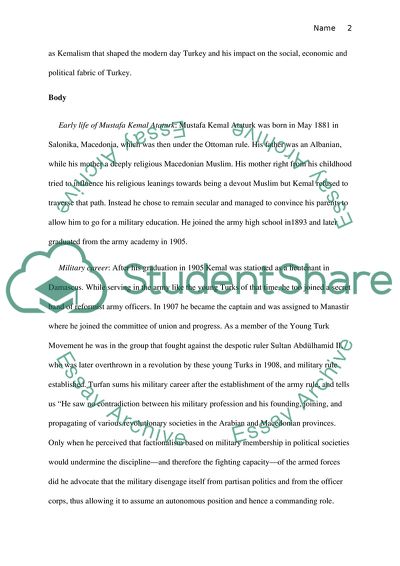Cite this document
(Mustafa Kemal Ataturk: A Force to Reckon with Even Today Coursework, n.d.)
Mustafa Kemal Ataturk: A Force to Reckon with Even Today Coursework. https://studentshare.org/history/1733795-the-impact-mustafa-kemal-ataturk-made-on-turkey-and-the-forming-of-th-turkish-republic
Mustafa Kemal Ataturk: A Force to Reckon with Even Today Coursework. https://studentshare.org/history/1733795-the-impact-mustafa-kemal-ataturk-made-on-turkey-and-the-forming-of-th-turkish-republic
(Mustafa Kemal Ataturk: A Force to Reckon With Even Today Coursework)
Mustafa Kemal Ataturk: A Force to Reckon With Even Today Coursework. https://studentshare.org/history/1733795-the-impact-mustafa-kemal-ataturk-made-on-turkey-and-the-forming-of-th-turkish-republic.
Mustafa Kemal Ataturk: A Force to Reckon With Even Today Coursework. https://studentshare.org/history/1733795-the-impact-mustafa-kemal-ataturk-made-on-turkey-and-the-forming-of-th-turkish-republic.
“Mustafa Kemal Ataturk: A Force to Reckon With Even Today Coursework”. https://studentshare.org/history/1733795-the-impact-mustafa-kemal-ataturk-made-on-turkey-and-the-forming-of-th-turkish-republic.


